Summit delegates seeking 'cooperation in our fragmented world' as talks begin
The World Economic Forum Annual Meeting 2023 is underway this week in Davos, Switzerland, to promote "cooperation in a fragmented world" as multiple crises deepen divisions and fragment the geopolitical landscape.
With elevated inflation, higher interest rates, reduced investment and disruptions caused by on-going Ukraine-Russia conflict, the summit, which runs until January 20, calls on world political and business leaders to take bold collective action, engage in constructive dialogues and help find solutions through public-private cooperation.
"We see the manifold political, economic and social forces creating increased fragmentation on a global and national level. To address the root causes of this erosion of trust, we need to reinforce cooperation between the government and business sectors, creating the conditions for a strong and durable recovery. At the same time, there must be the recognition that economic development needs to be made more resilient, more sustainable and nobody should be left behind," said Klaus Schwab, founder of the World Economic Forum.
More than 2,700 leaders from 130 countries including 52 heads of state and government will participate this year. Amongst the prominent participants are Germany Chancellor Olaf Scholz, European Commission President Ursula von der Leyen, UN Secretary-General Antonio Guterres and International Monetary Fund Managing Director Kristalina Georgieva, along with more than 600 of the world's top CEOs from sectors such as financial services, energy, materials and infrastructure, information and communication technologies.
At the invitation of Schwab, Chinese Vice-Premier Liu He will also attend the meeting. He will be delivering a special speech on Jan 17.
At this year's summit, the program features more than 450 sessions on accelerating progress and impact in tackling global challenges. The focus will be on advancing new systems for energy, climate and nature; investment, trade and infrastructure; private sector innovation and resilience; work, skills and care; and dialogue and cooperation in a multipolar world.
John Beirne, vice-chair of research at think tank Asian Development Bank Institute, said: "Given the uncertain global economic outlook for 2023 related to on-going geopolitical tensions coupled with debt sustainability risks in developed and emerging markets, this year's World Economic Forum takes place at a critical juncture.
"Mechanisms to tackle the cost-of-living crisis and alleviate macroeconomic instability will be key, as well as driving greater efforts on energy transition reforms," he said.
Higher global interest rates and amplified economic uncertainty have hampered the growth outlook for 2023. In its latest forecast, the World Bank has cut projections for global growth in 2023 to just 1.7 percent, down from 3 percent predicted in June last year.
"With investor sentiment projected to deteriorate and worsening risks of debt distress in developing economies, lower overall global growth can be expected compared to previous projections," Beirne said.
"These factors are compounded by weaker external demand which continues to be negatively affected by supply chain disruptions and commodity price volatility. Higher-than-expected inflation in 2023 or protracted inflation persistence could exacerbate cost-of-living pressures and worsen the growth outlook."
Christopher Bovis, international business law professor at the University of Hull in the United Kingdom, said "The world leaders face a massive challenge in 2023. Not only geopolitics and economic headaches, but a consistent battle to raise productivity and bring on economic growth to their respective economies."
Michel Ruimy, an economist and affiliate professor at ESCP Business School in Paris, said: "There is no doubt that 2022 was a difficult year economically. 2023 will continue to be dominated by uncertainty."
Given the precariousness of the economic situation, Ruimy said "any new adverse developments could push the global economy into recession and threaten the development of emerging and developing economies, which have been experiencing sluggish growth for several years due to high levels of debt and insufficient investment."
This year's forum also facilitates public-private collaboration through impact initiatives, which address issues ranging from pandemics to the climate crisis to education, technology and the energy transition.
Bovis said he believes that the role of the private sector will emerge as a lever of economic growth in 2023 and beyond, as private sector investment represents the acid test of resilience and ultimate performance in economies, both developed and emerging.
Following China's recent move on reopening its border, observers are watching the country' 2023 economic prospects with great anticipation. According to the World Bank's projection, China is one of the very few countries to exhibit strong growth this year, at 4.3 percent.
"China's projected economic recovery in 2023 will support global growth, underpinned by domestic macroeconomic policy stimulus and its emergence from the pandemic," Beirne said.
Ruimy said after a bumpy year in 2022, 2023 could see a return to more dynamic growth in China, a recovery that should take place after the Chinese New Year holidays (Jan 21-27), or at least by the end of the first quarter. "If this is the case, foreign companies could reinvest in China, especially as the country has retained its attractiveness as it continues to expand market access and streamline foreign investment processes," he added.








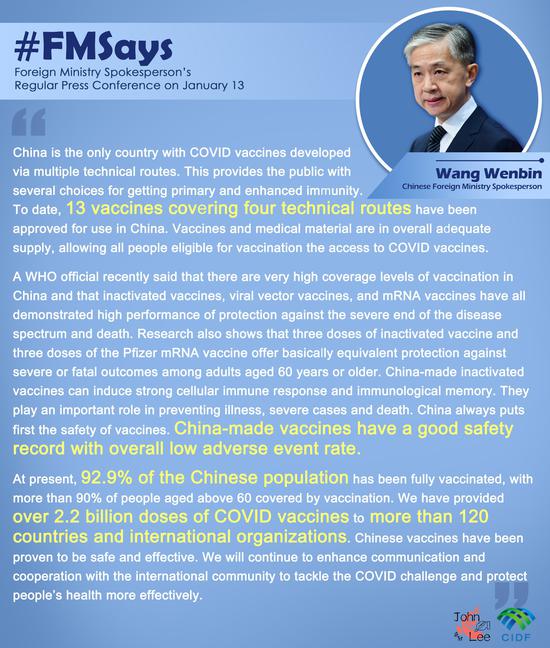


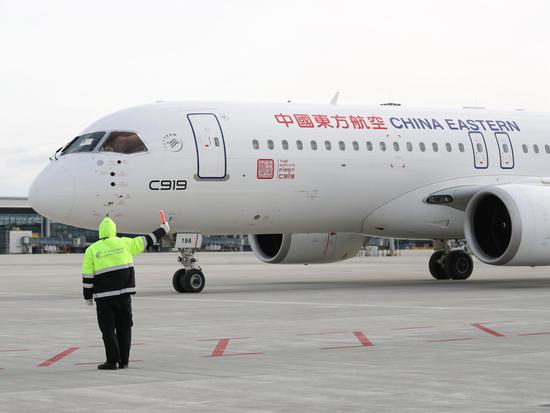
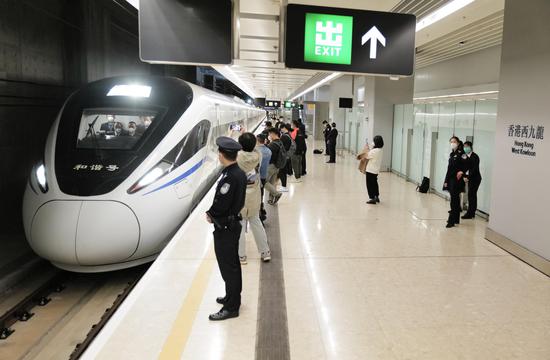




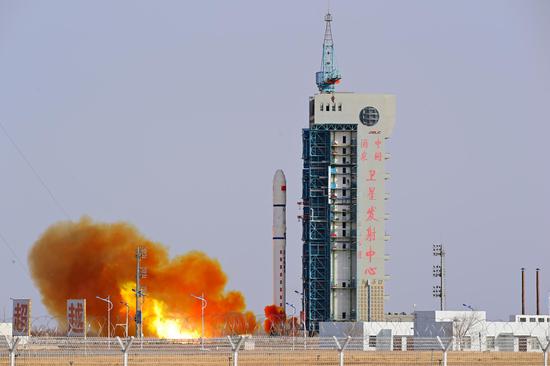

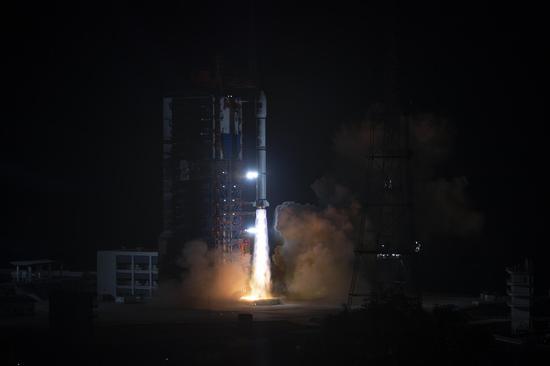

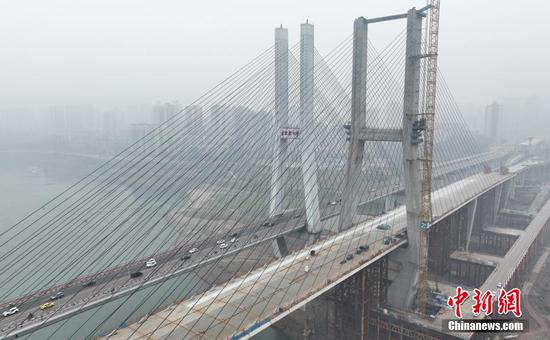



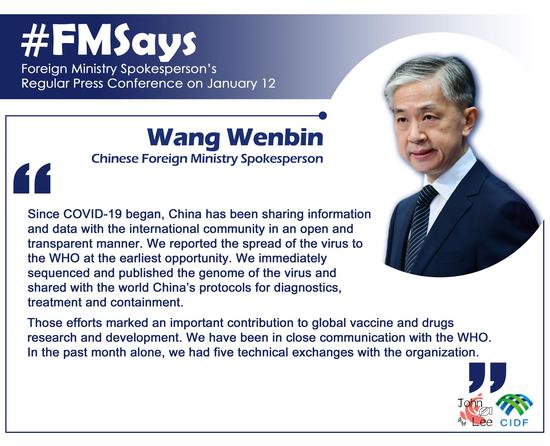
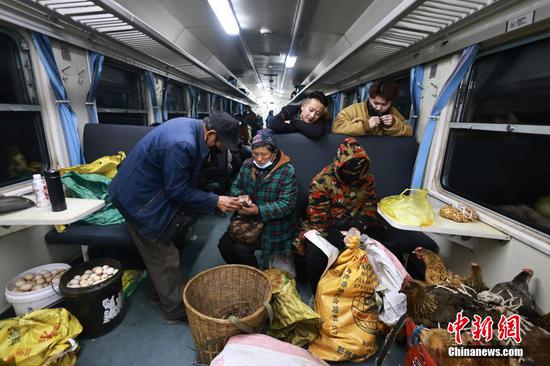
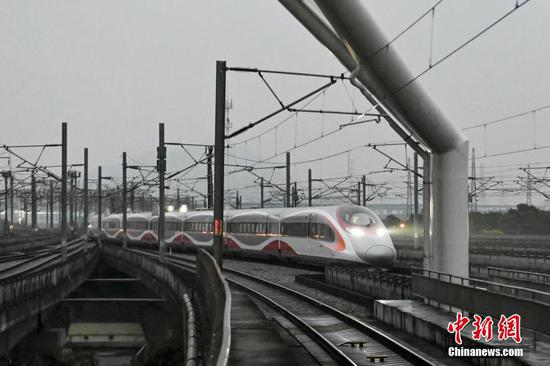
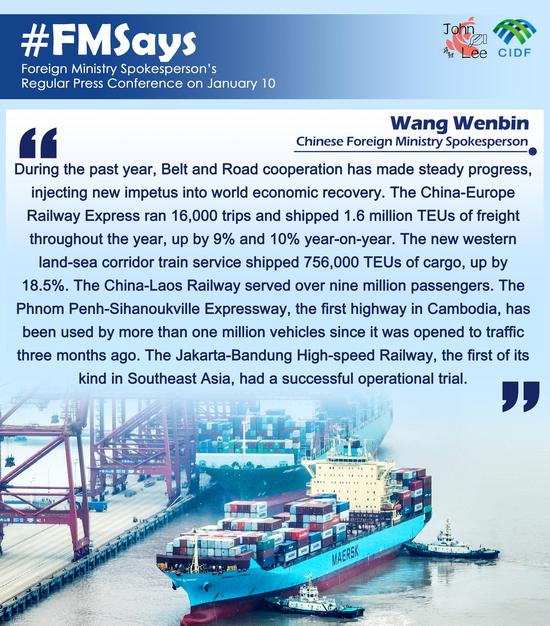
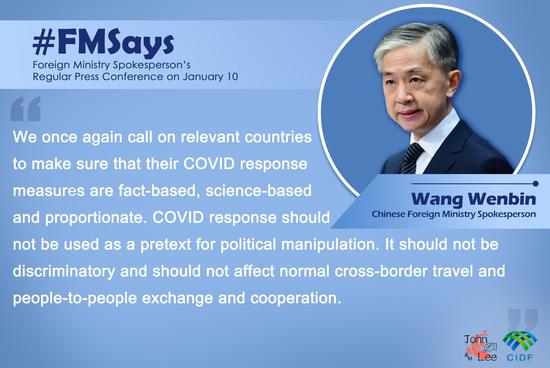
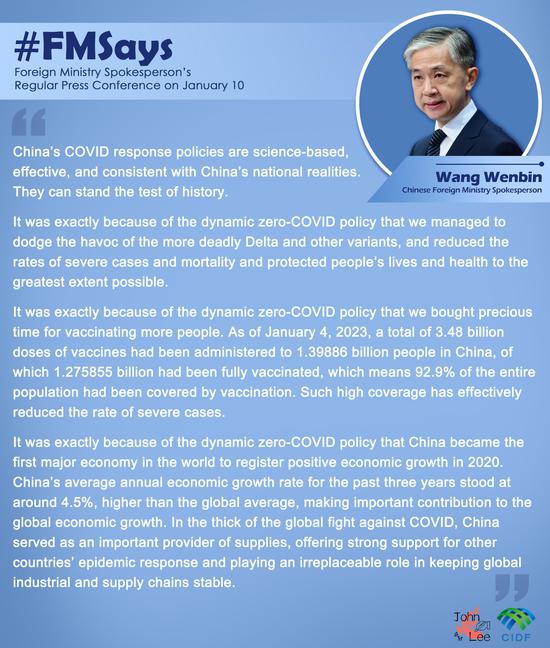


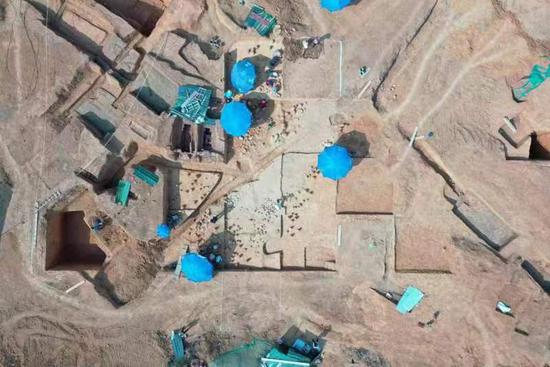
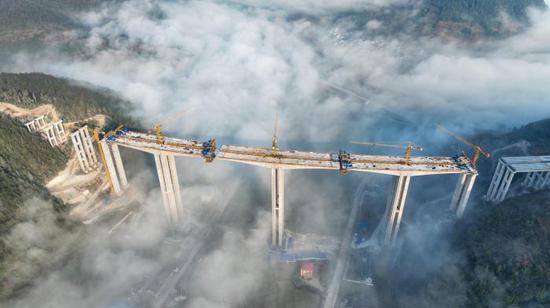
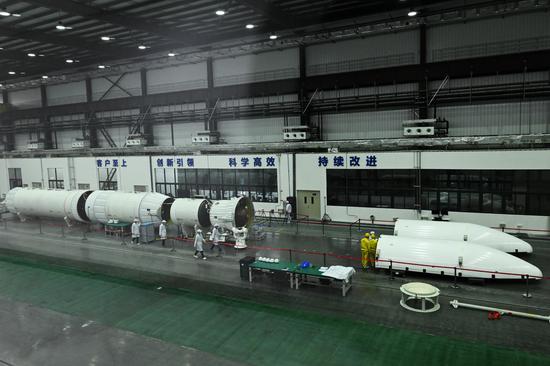


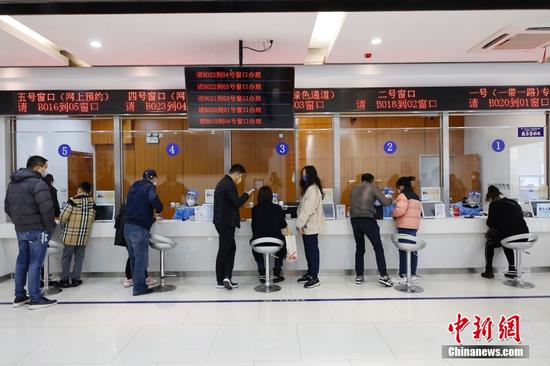
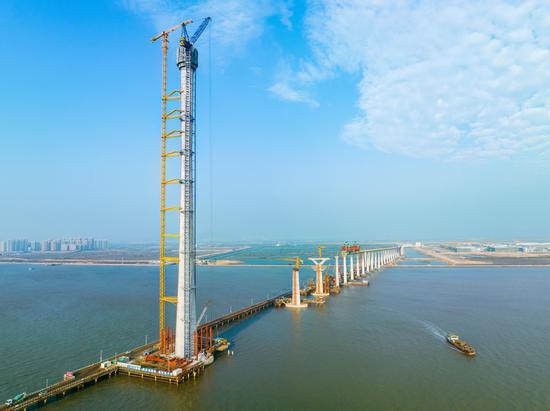

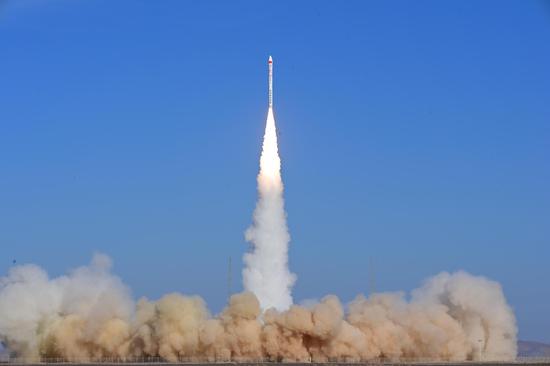
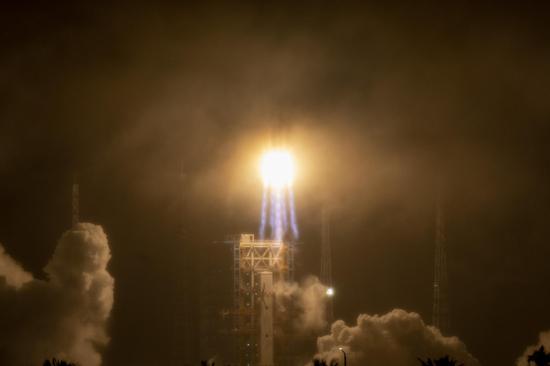







 京公网安备 11010202009201号
京公网安备 11010202009201号